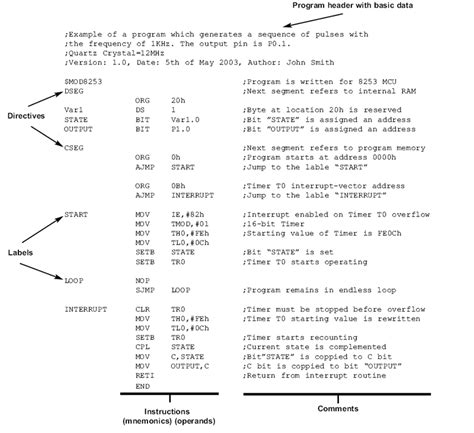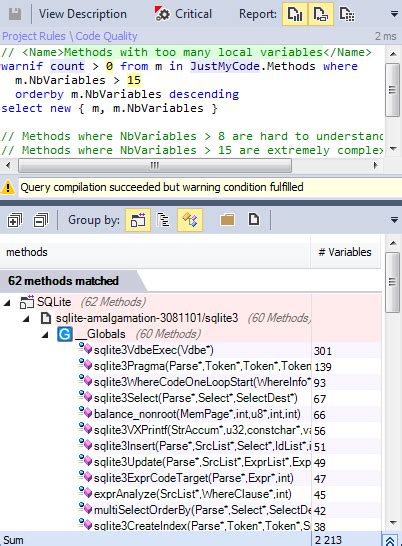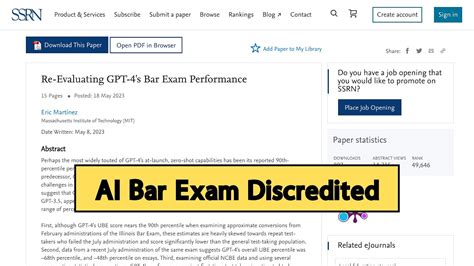Tag: Tech Analysis
-

Generative AI: Beyond the Hype and Towards Realistic Applications
Generative AI, a hot topic in today’s tech world, is often viewed with a mix of awe and skepticism. Renowned MIT robotics pioneer, Rodney Brooks, has weighed in on this issue, suggesting that people are overestimating the immediate impact of generative AI technologies like ChatGPT and Bard. Amara’s law, which states that we tend to…
-

The Deterioration of GUI Development on Windows: A Painful Journey
It’s an undeniable fact that writing GUI applications for Windows has become increasingly exasperating over the years. Reflecting on the golden days of Visual Studio or Borland from the 1990s, one can’t help but feel a sense of nostalgia. Back then, the process was relatively straightforward—point, click, add some code, set styles, and you had…
-

Examining the FUTO Keyboard Controversy: Open Source or Not?
In the evolving world of software development, FUTO Keyboard has emerged as a notable contender that purports to offer a superior, ad-free experience. Buoyed by user contributions, this keyboard operates under the ‘FUTO Source First License 1.0’, which has sparked a plethora of opinions on whether it truly qualifies as open source. This article explores…
-

Why IRC Struggles to Compete in the Modern Messaging Arena
In the early days of digital communication, IRC (Internet Relay Chat) was the go-to platform for real-time conversations. Launched in 1988, it provided a simple way to communicate in groups or directly with other users. But as technology evolved, so did the demands and expectations for communication tools. Today, we see a plethora of options…
-

Switching Syntax: Embracing Change in Assembly Language
In the realm of software development, there are few topics as contentious and polarizing as the debate between Intel and AT&T assembly syntax. Unlike high-level programming languages where readability and ease of use can often take precedence, assembly language requires a meticulous understanding of hardware and low-level architecture intricacies. Two dominant syntaxes, Intel and AT&T,…
-

Exploring the Efficiency of SQLite’s Bytecode Approach
The design architecture of SQLite utilizes a bytecode approach rather than a traditional Abstract Syntax Tree (AST) walking technique. This strategic choice by SQLite’s creators resonates with a broader paradigm in computer science where bytecode virtual machines (VMs) underpin numerous software systems to enhance portability, modularity, and performance. The choice of a bytecode mechanism over…

